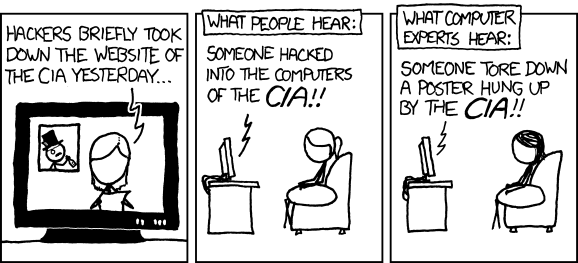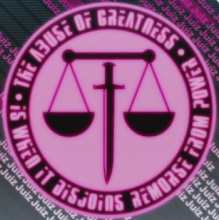Agreed with that article. Many tried and failed to bring Desktop Linux into popularity because of the lack of a unified framework or consensus on the Desktop Linux. Linux Foundation could anchor such a unified project and set a single standard and get all the other Desktop makers like Gnome, KDE, XFCE ... to follow it through. OEMs and companies need to cooperate and not be blinded by personal profits and sabotage the community or others. The spat between Ubuntu and Gnome on their flagship Desktop (Unity and Gnome 3) was an example of inter-sabotage where it simply weakens the Desktop Linux as a whole instead of unify it.
Recently, Linus Torvalds have shunned KDE and Gnome whom are the two major Desktop makers for Linux for a good reason. Their applications and desktop are simply irritating to operate. I have been using Ubuntu 9.10 based desktop theme and refused to upgrade to the Gnome 3 or Unity Shell for the reason that both of these desktop themes are not going to be friendly and I would have to relearn them for a while. Despite me upgrading the Operating System to Ubuntu 10.10, I simply refuse to upgrade or change the desktop itself and am very hesitant as I am concerned about the breaking of applications using the new themes.
Linus Torvalds could spearhead the Desktop Linux and under his banner and Linux Foundation's I am pretty sure many people and companies would gather together and create a unified framework for Desktop Linux and make Desktop Linux a lesser pain in the near future and promote Desktop Linux.
Linus Torvalds and Linux Foundation have the influence and reach to create this change and unify the Desktop Linux together. They should start making it happen.


